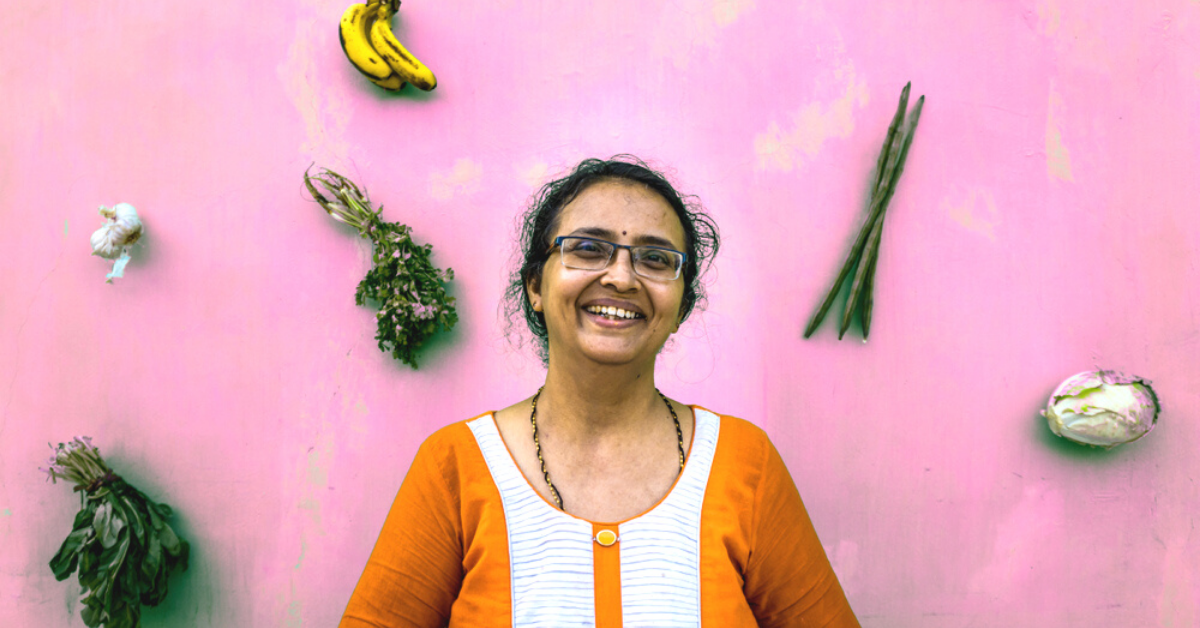Over 50% Indian Women Are Anaemic: Why You Need To Take Iron Deficiency Seriously
It is also caused by blood loss, such as from heavy menstrual bleeding, an ulcer, cancer and regular use of some over-the-counter pain relievers, especially aspirin, which can cause inflammation of the stomach lining thus resulting in blood loss.

Unusual levels of tiredness, paleness, shortness of breath, and even frequent headaches and dizziness could be symptoms of anaemia, a condition that affects almost 40 per cent Indians. Anaemia is defined as having haemoglobin levels below the thresholds set by the World Health Organization (WHO) for specific age groups.
According to the Global Nutrition Report 2017, just over half (51 per cent) of Indian women of the reproductive age (15 to 49 years) are anaemic.
In this article, Dr Rahul Bhargava, Director and Head, Department of Haematology, Haemato-Oncology & BMT, Fortis Memorial Research Institute, Gurugram, explains what anaemia is, its symptoms, and some ways to tackle it.
Looking for a way to save water at home, then check out this water-saving tap aerator.
What is Anaemia?
Anaemia is a condition wherein haemoglobin levels are less than 12 in females and 13 in males. “Anaemia results from a lack of red blood cells or dysfunctional red blood cells in the body, which then leads to reduced oxygen flow to the body’s organs,” says Dr Bhargava.
Iron Deficiency Anaemia

One of the most common types of anaemia is caused by a shortage of iron in the body. “The bone marrow needs iron to make haemoglobin. Without sufficient iron in the body, it cannot produce enough haemoglobin for red blood cells. Without iron supplementation, this type of anaemia occurs in many pregnant women,” informs Dr Bhargava.
It is also caused by blood loss, such as from heavy menstrual bleeding, an ulcer, cancer and regular use of some over-the-counter pain relievers, especially aspirin, which can cause inflammation of the stomach lining thus resulting in blood loss.
Causes of Anaemia:
- Heavy Internal bleeding
- Menstruation in Women
- Malnutrition
- A low iron-rich diet
- Predominant vegetarian diet
- Nutrition deficiency
Who is most impacted?
- Women, only because they tend to lose blood during menstruation
- Pregnant women who are not taking a multivitamin with folic acid and iron are at an increased risk of anaemia
- People over the age of 65 are also at an increased risk of anaemia
- People who have a diet low in iron, vitamin B-12 are more at risk of anaemia
- A person who has cancer, kidney failure or another chronic condition like liver disease could be at risk of anaemia of chronic disease. These conditions can lead to a shortage of red blood cells
- People who routinely donate blood are at risk of iron deficiency anaemia as blood donation can deplete iron stores.
What are the symptoms you should look out for?
- Frequent fatigue
- Pale or yellow skin
- Shortness of breath and headache
- Feeling of dizziness
- Regular cramps in legs
- Difficulty in concentrating
- Insomnia
Here’s how anaemia can be treated:
“A proper nutritious diet is the key to protect yourself from this deficiency. Most of the iron is absorbed from the food source itself, so getting a balanced diet will help maintain the required haemoglobin level,” suggests Dr Bhargava.
He cautions that we should take iron supplements, vitamin B-12, and folic acid supplements only after consultation with a general physician.
Foods that are good for us:

Anaemic people should consume foods rich in iron, which will help in fighting iron deficiency anaemia. Foods with high iron content are:
Leafy greens – Spinach, kale, cauliflower greens, amaranth, turnip greens
Nuts and seeds like pumpkin seeds, cashews, pistachios, sunflower seeds
Poultry – Chicken and fish
Beans – Kidney beans, chickpeas, peas, soya bean
“Regular monitoring of anaemia is a must. Once you are diagnosed with anaemia, it is essential to get your Complete Blood Count (CBC) done every six months and get a consultation from a blood disorder specialist regularly,” signs off Dr Bhargava.
Also Read: Is Skipping Breakfast Bad? Here’s Why a Doctor Says You Should Not
(Edited by Saiqua Sultan)
Like this story? Or have something to share?
Write to us: [email protected]
Connect with us on Facebook and Twitter.
This story made me
- 97
- 121
- 89
- 167
Tell Us More
We bring stories straight from the heart of India, to inspire millions and create a wave of impact. Our positive movement is growing bigger everyday, and we would love for you to join it.
Please contribute whatever you can, every little penny helps our team in bringing you more stories that support dreams and spread hope.



















